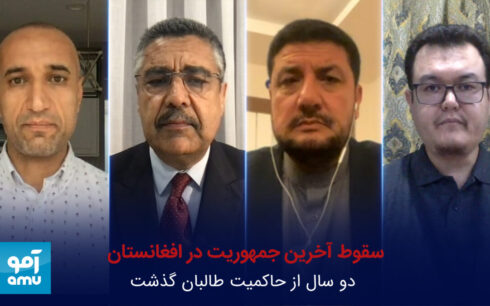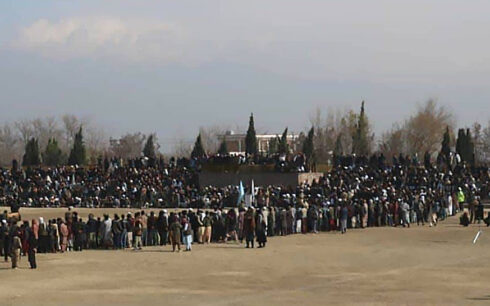The Taliban have issued a series of strict edicts since the takeover of Kabul on August 15, 2021, imposing severe limitations on Afghanistan’s women and girls. In fact these edicts, numbering over 50, have reshaped the fabric of Afghanistan’s society.
These decrees have particularly impacted the right to education, work, and freedom of movement for women and girls.
A number of women’s rights activists say that the Taliban’s policies have effectively excluded women from participation in public life and the stories of individual women paint a distressing picture of lost dreams.
Hamaira Tajwari, who was on the cusp of realizing her engineering dreams, faced an abrupt halt when universities closed their doors to girls in December last year.
“I understand that every Afghan girl carries a sense of despair in her heart. But we still have hope; we haven’t lost hope,” Tajwari said.
Her experience and sentiments echo across the country along with the cries of a mother, robbed of the opportunity to work, and left behind by her sons who migrated in search of work.
The ban on women and girls working has been one aspect of restrictions imposed by the Taliban, but its an aspect that has created enormous financial repercussions for many families.
Farida, a Kabul resident, told of her distressing plight. “I used to have a source of income at home, and now even that’s gone. If I pay the rent, I can’t cover household expenses, and vice versa,” she said.
According to the United Nations Human Rights Council, the Taliban issued a series of stringent orders affecting women and girls between August 15, 2021, and May 2023.
These decrees include mandating face coverings, barring women from working, shuttering universities, limiting girls’ access to education above grade 6, banning them from visiting public parks, gyms and baths, and prohibiting women from traveling without a Mahram.
For women’s rights advocates, these measures amount to women being effectively removed from society.
Efforts to reclaim their rights have often been suppressed, and their appeals to the international community have gone largely unheard.
“Women have been completely removed from society; the doors of schools have been closed. The doors of universities have been closed. Gradually, all personal freedoms and citizens’ rights in Afghanistan have been abolished,” said Monisa Mubariz, a women’s rights activist.
However, protests and voices against these harsh restrictions continue to reverberate, but the future of women’s rights and freedom in Afghanistan remains unclear.





